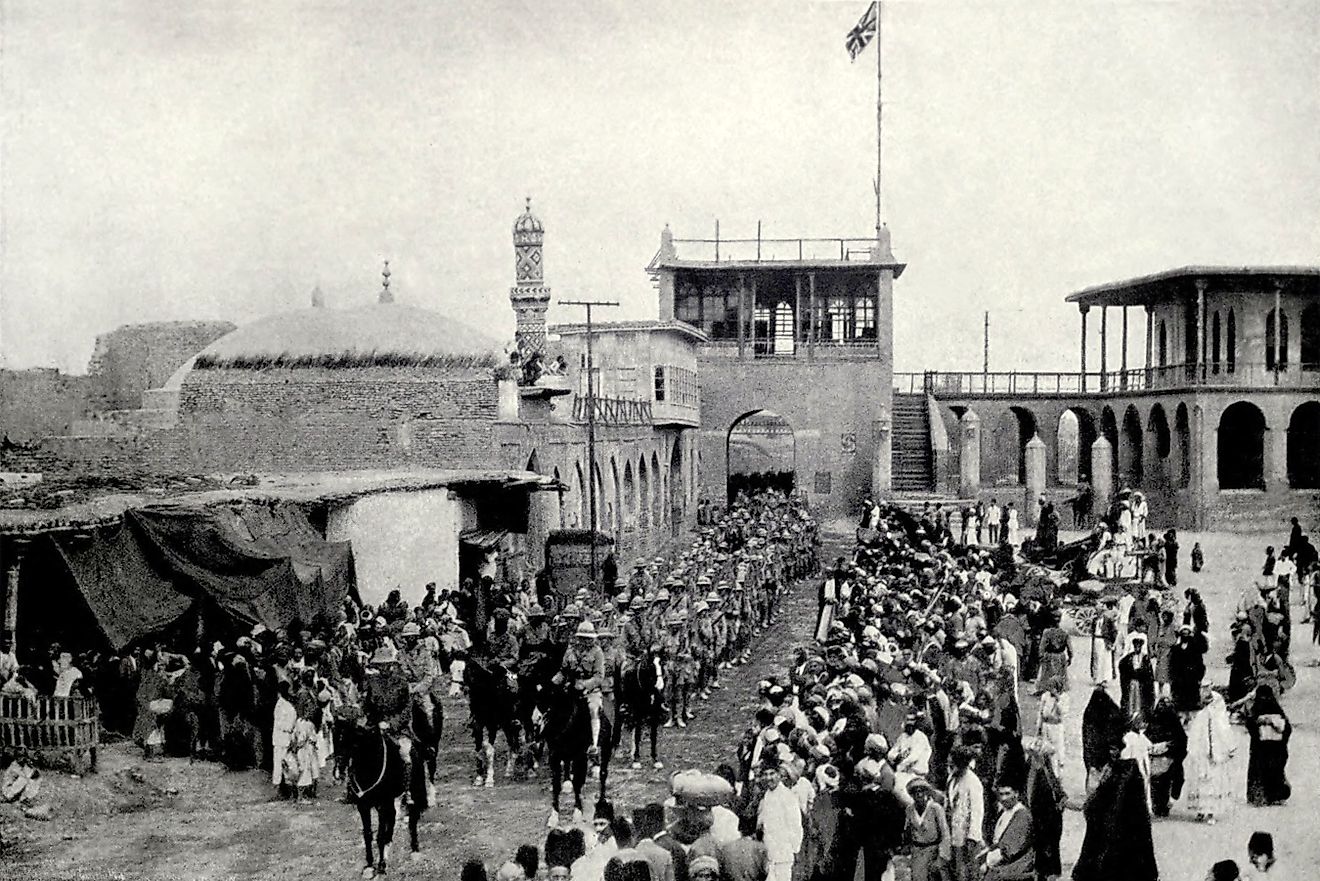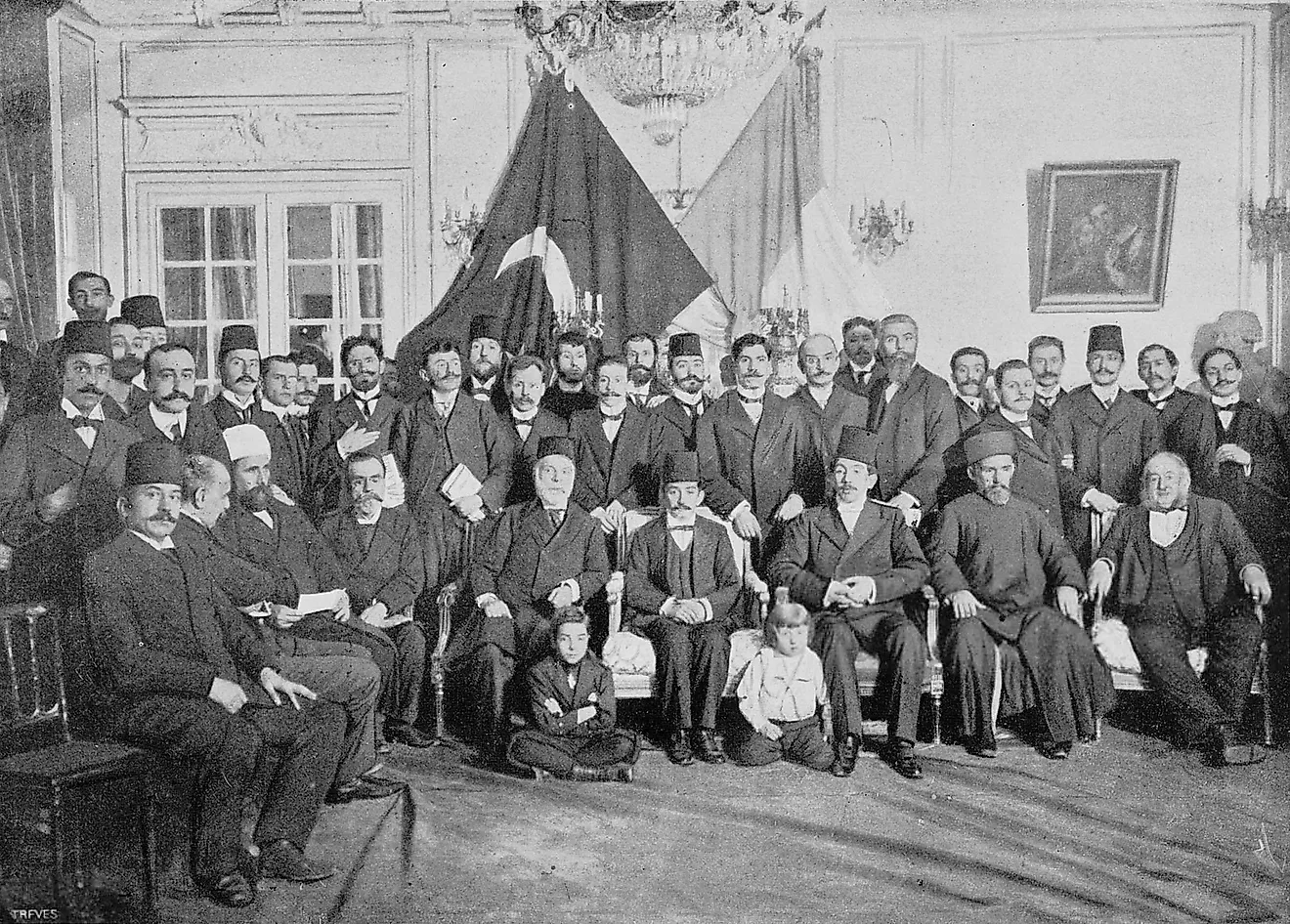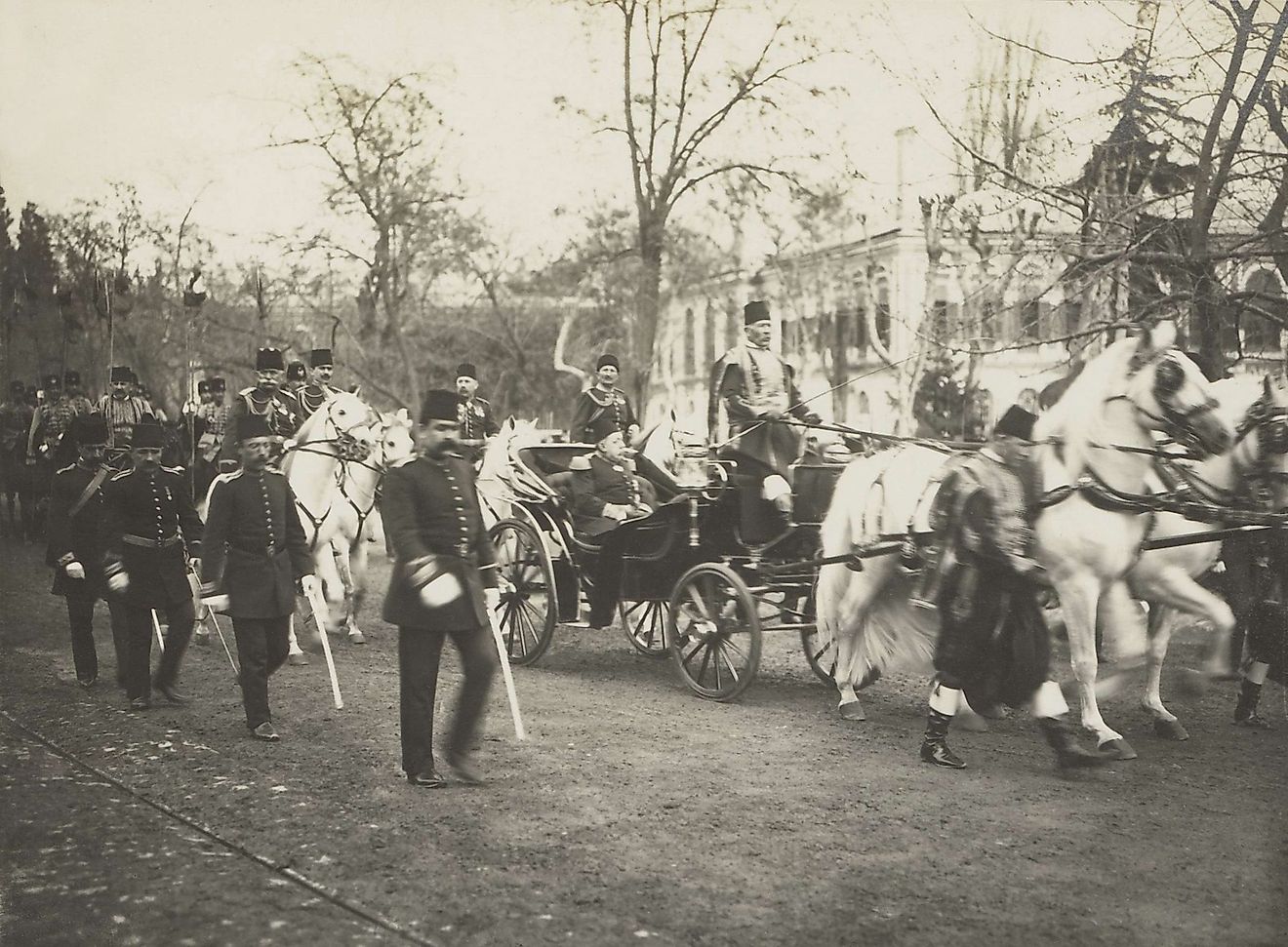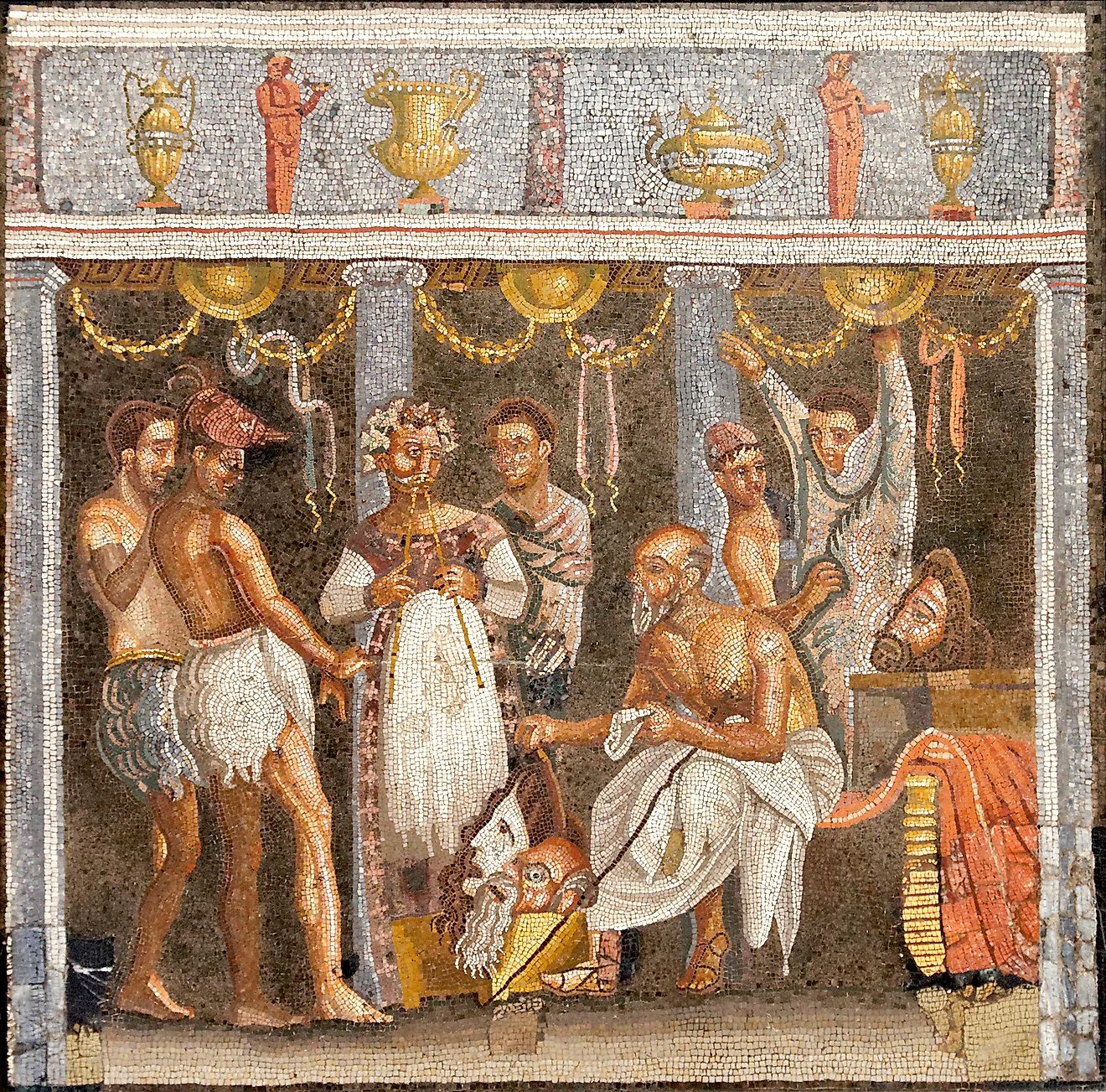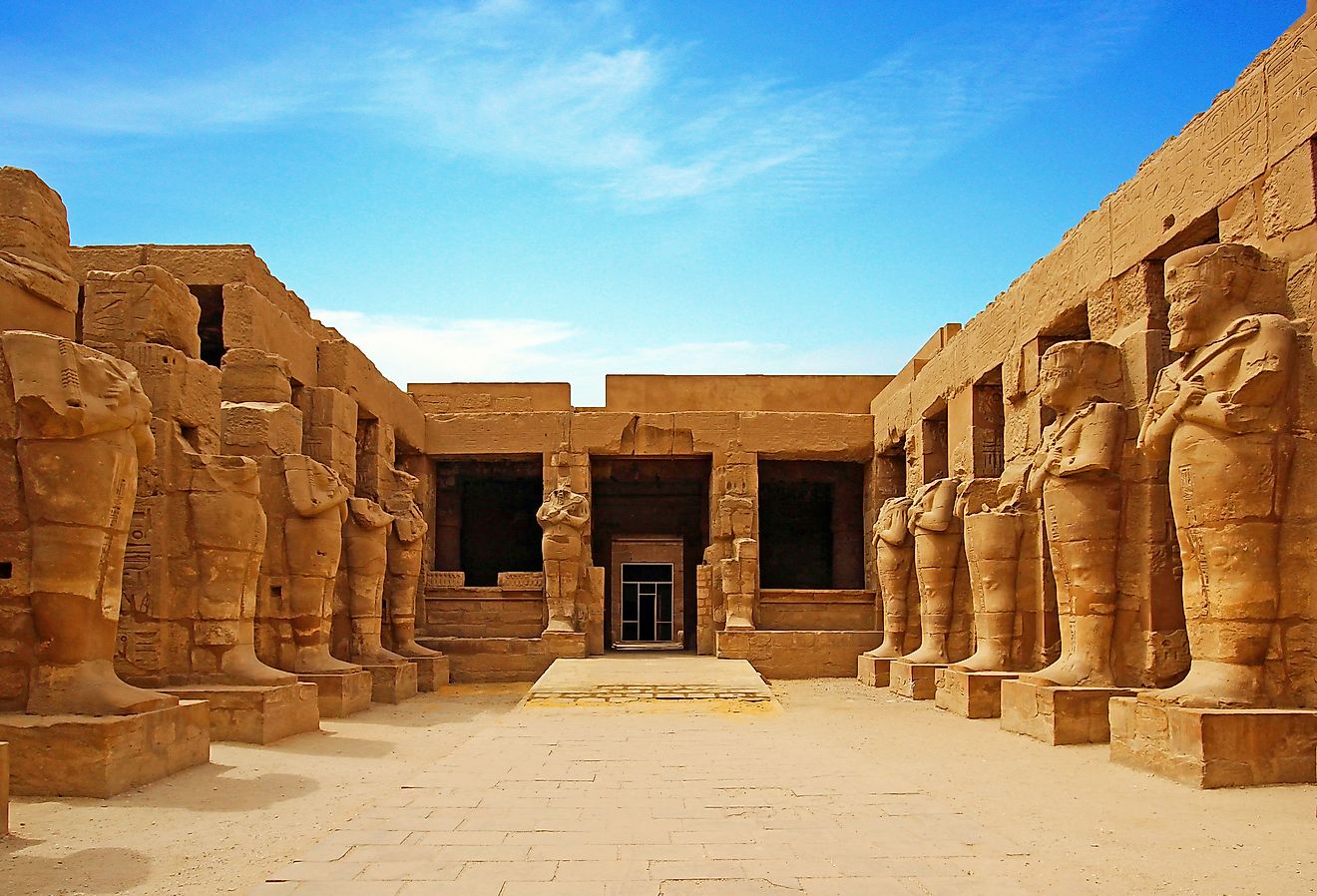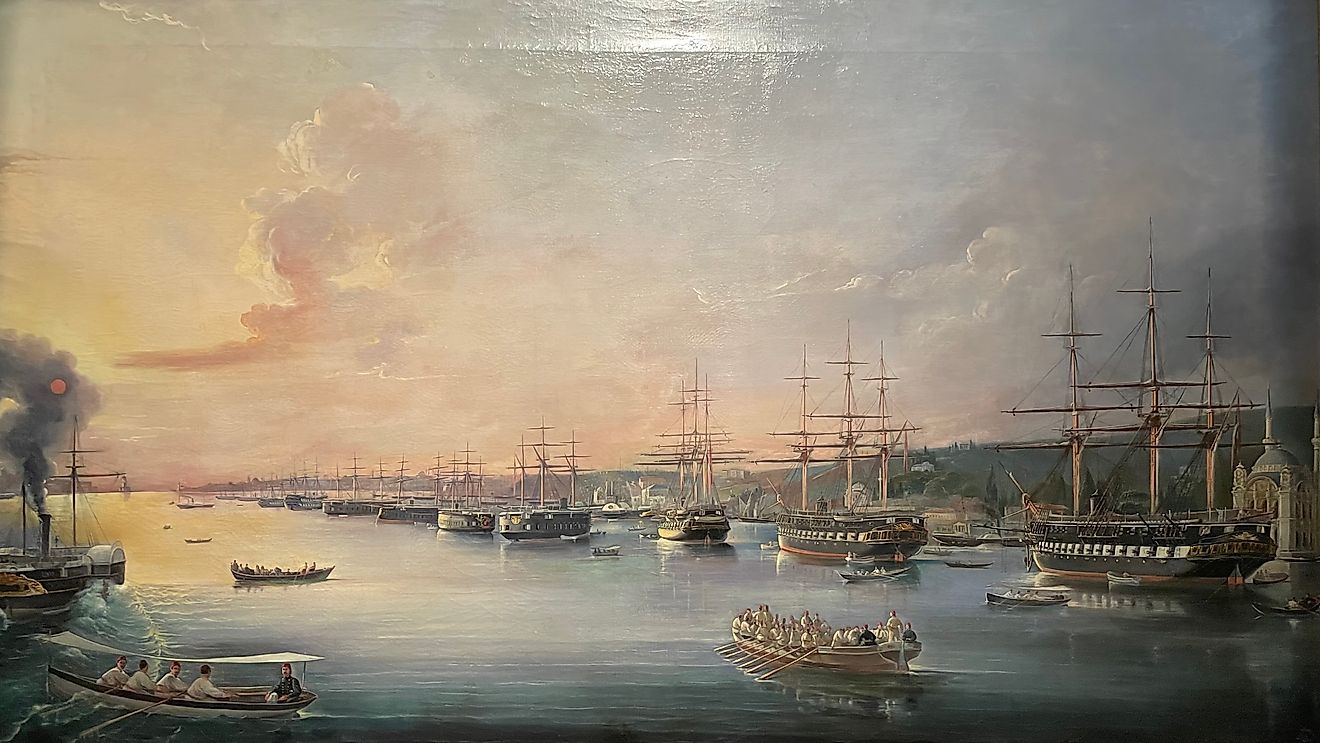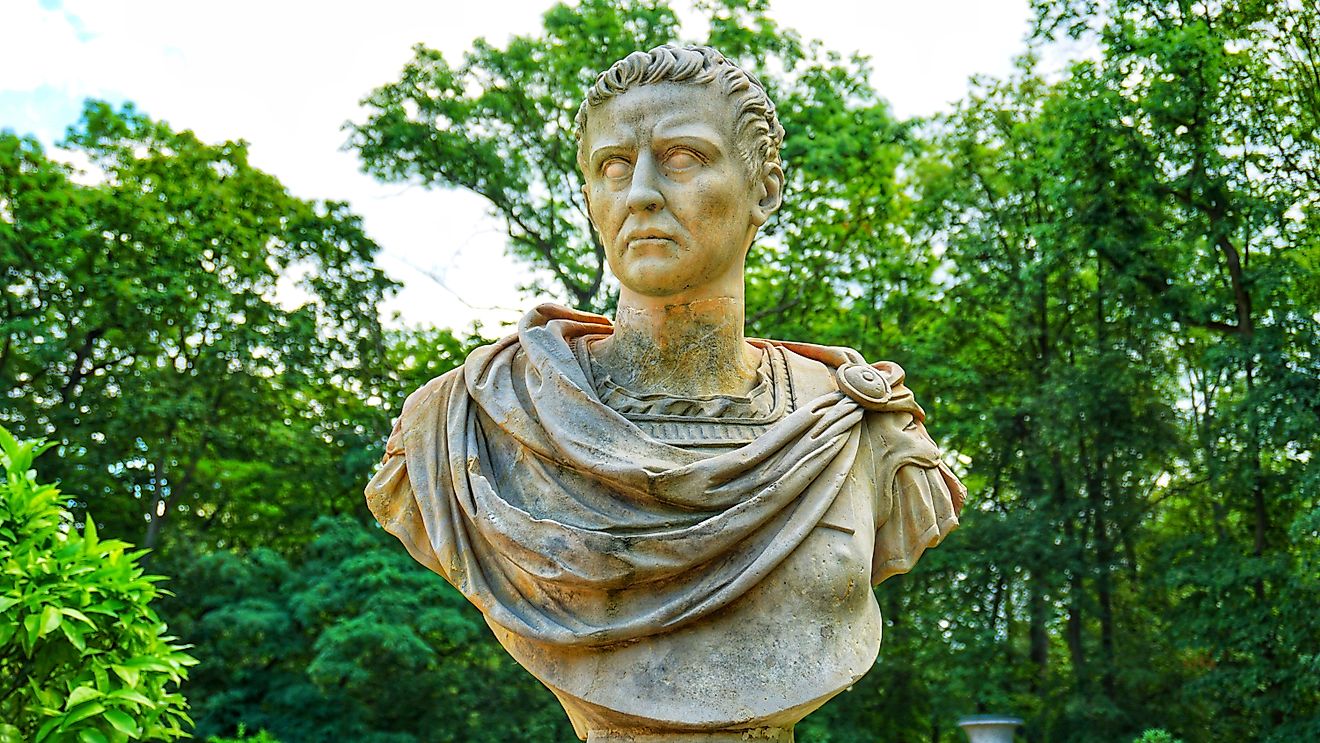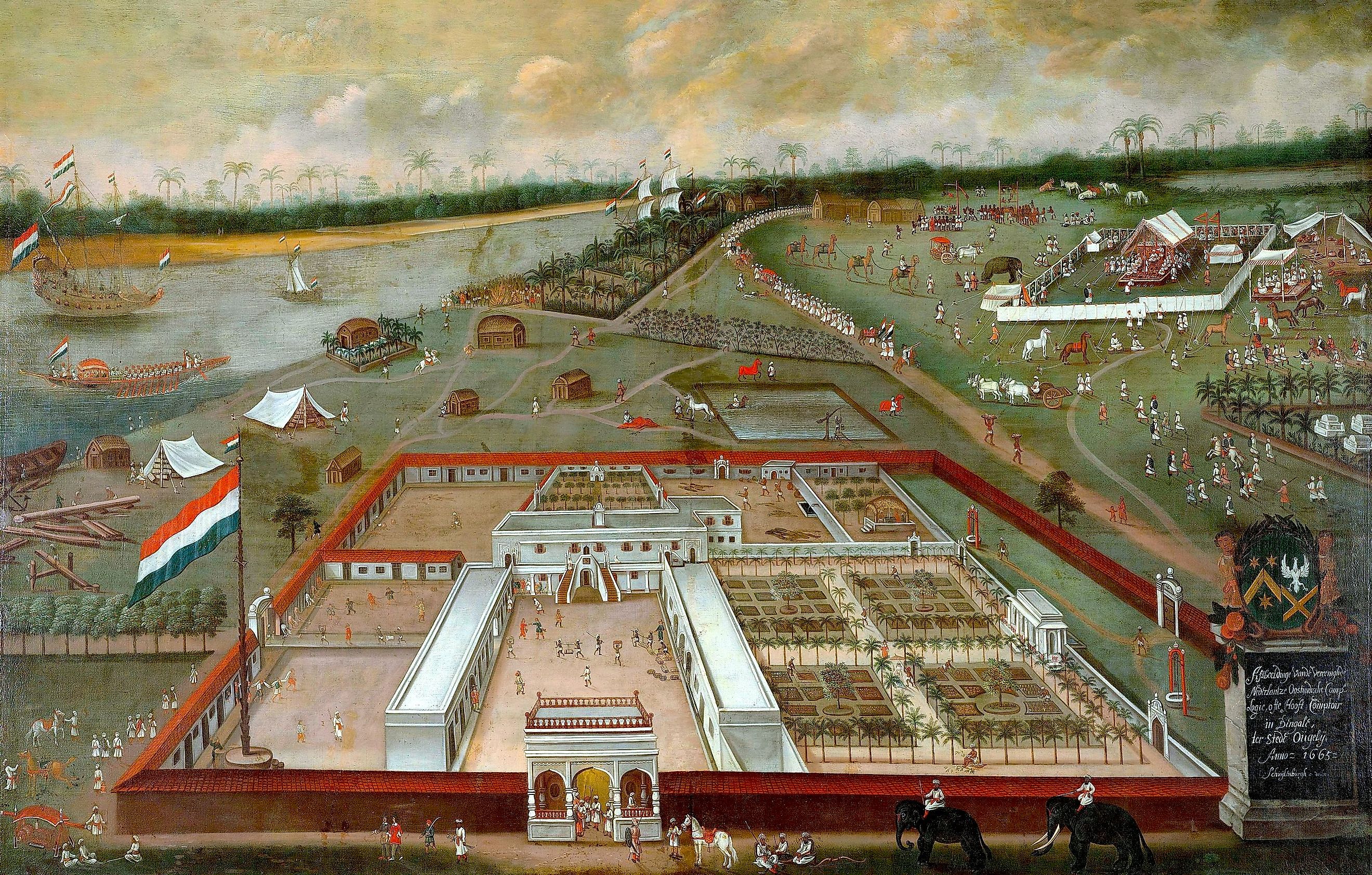
What Is Colonialism?
By selectively presenting historical events and emphasizing advances in internal politics, many modern powers have portrayed a history that appears unblemished by their active participation in exploitative colonialism. Worse yet, students are often taught or allowed to believe that this period of colonization brought "enlightenment" to those subjected territories, downplaying the one-sided benefits gained by the colonizing countries. Moreover, failure to directly address 'what happened and why' allows citizens to overlook the modern-day consequences of colonialism, which is problematic as awareness is the first step to addressing such an important issue. Therefore, by taking a closer look at the term "colonialism," we can all play an active part in creating a more united and ethical tomorrow; for everyone, everywhere.
A Functional Definition
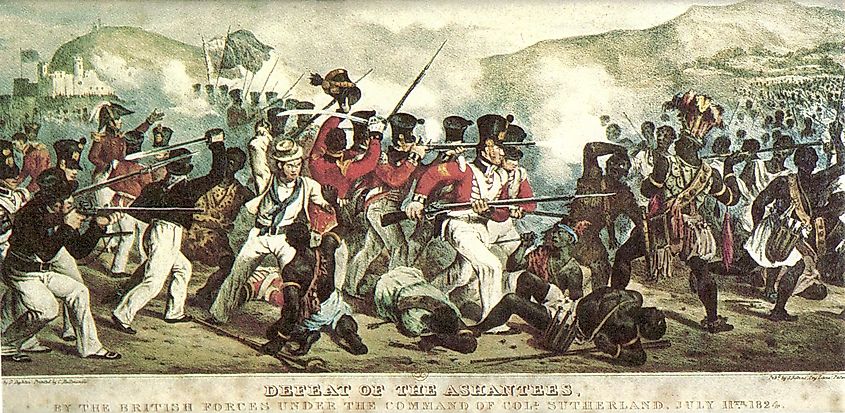
Colonialism is a political, economic, and social system in which one country establishes, exploits, and maintains control over a weaker, dependent territory. This control is typically exerted to further the colonizing country's interests, including extracting resources, expanding its territorial reach, and establishing a strategic presence in the region. The colonized territory, known as a colony, is typically inhabited by indigenous populations whose culture, economy, and political structures are often disrupted or replaced by the dominant colonial power.
Two primary forms of colonialism exist: settler colonialism and exploitation colonialism. In settler colonialism, the colonizing power sends large numbers of settlers to the colonized territory to establish a permanent presence, often displacing or assimilating the indigenous population. In exploitation colonialism, the colonizing power maintains control over the territory and extracts its resources without significant permanent settlement. Both forms of colonialism entail a power imbalance and the imposition of the colonizer's culture and values upon the colonized people.
The History Of Colonialism
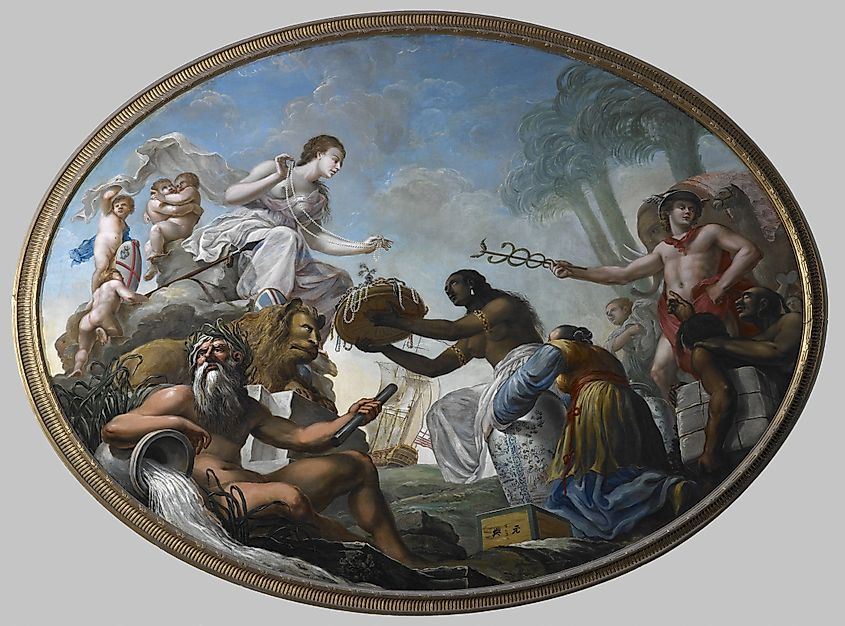
Colonialism has a long and complex history, with roots dating back to antiquity. However, it gained prominence in the late 15th century with the Age of Exploration, when European nations began to explore and establish settlements in distant lands. Portugal and Spain were the first to embark on these voyages, leading to the colonization of territories in Africa, Asia, and the Americas. This marked the beginning of the European colonial era, which spanned roughly from the 16th to the 20th century.
During this period, other European powers, including the British, Dutch, and French, expanded their colonial empires, leading to a global race for territory and resources. The 19th century witnessed the height of European colonial expansion, known as the "Scramble for Africa," when European nations partitioned the African continent amongst themselves. This period also saw the rise of colonial empires in Asia and the Pacific, with Britain, France, and the Netherlands establishing colonies in the region.
Colonialism began to decline in the mid-20th century, following the end of World War II, as colonized nations sought independence and self-determination. This period, known as the decolonization era, saw the dismantling of European colonial empires and the emergence of new nation-states across Africa, Asia, and the Caribbean. Despite its formal end, the legacy of colonialism continues to shape the political, economic, and social landscapes of many countries.
Colonial Nations
The major colonial powers throughout history include Portugal, Spain, Britain, France, the Netherlands, Belgium, and Germany. Each of these nations established extensive colonial empires, which at their height, spanned across multiple continents.
Portugal and Spain were the pioneers of European colonialism, with Portugal initiating the exploration of Africa's coast in the early 15th century, eventually establishing colonies in Brazil, Africa, and Asia. Spain followed suit, creating a vast empire that encompassed large parts of the Americas and the Philippines.
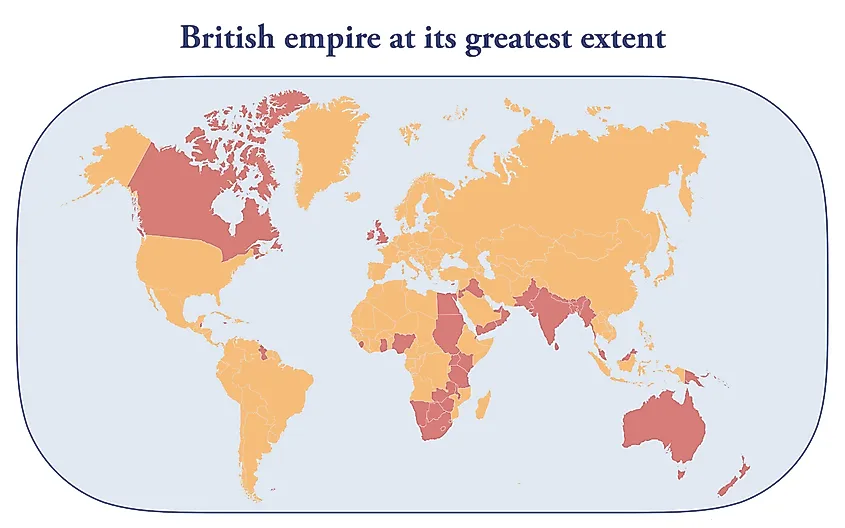
Britain emerged as a dominant colonial power in the 17th century, with its first permanent settlement in North America at Jamestown in 1607. Over the next few centuries, the British Empire expanded its territories to include India, Australia, New Zealand, and vast areas of Africa. France, another significant colonial power, established colonies in North America, the Caribbean, and later Africa and Asia. The Dutch Empire, though smaller in scale, controlled territories in the Americas, Africa, and the East Indies, with the Dutch East India Company playing a pivotal role in its expansion.
Belgium and Germany joined the colonial race later, with Belgium colonizing the Congo and Germany establishing colonies in Africa and the Pacific during the late 19th and early 20th centuries.
The Consequences Of Colonialism
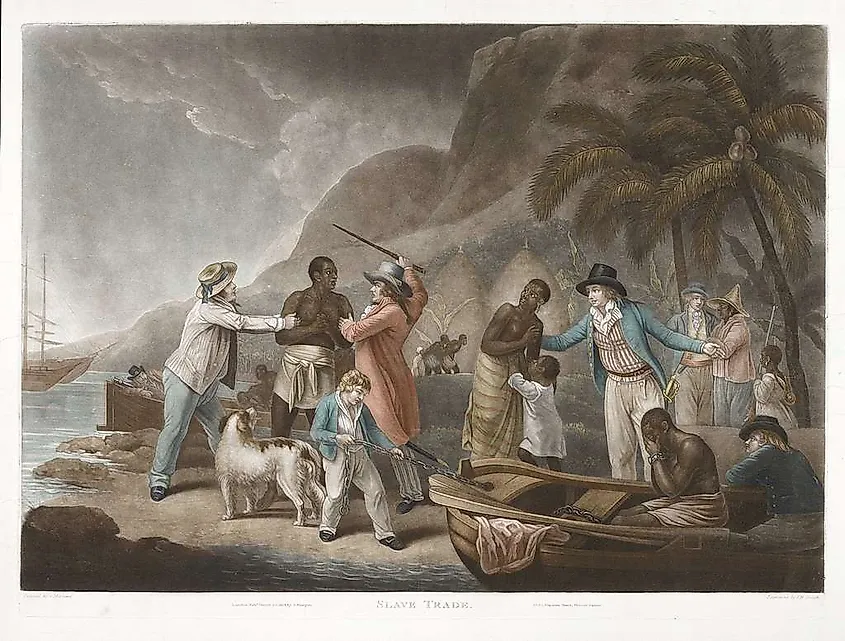
Colonialism has left a lasting impact on the colonized nations and their people, with consequences ranging from cultural and social disruption to economic dependency and political instability. One significant consequence of colonialism is the exploitation of resources and labor in colonized territories, often resulting in environmental degradation and the impoverishment of indigenous populations. Colonizers frequently extracted valuable resources, such as minerals, timber, and agricultural products, for their own benefit, leaving the colonized territories economically vulnerable. Some examples include the phosphorus-stripped pacific nations that left many islands uninhabitable.
Additionally, colonialism led to the imposition of foreign cultures, languages, and religions, often at the expense of indigenous cultures and traditions. This cultural imperialism contributed to the erosion of local identities and the marginalization of indigenous populations. Colonized societies were frequently stratified along racial lines, exacerbating existing social divisions and fostering resentment among the colonized.
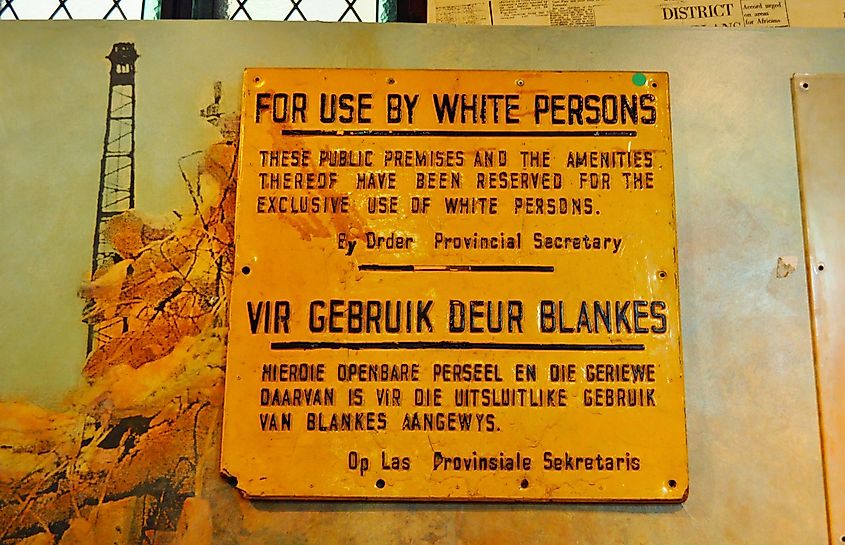
Lastly, colonialism often resulted in political instability and conflict, both during and after the colonial period. Colonizers frequently employed divide-and-rule tactics, manipulating ethnic and religious differences to maintain control, which often led to lasting tensions between communities. Many newly independent nations, born from the process of decolonization, grappled with these divisions and the legacy of colonial rule, leading to ongoing political and social challenges. A notable example of this is the apartheid of South Africa, which was originally colonized by the Dutch.
The Allure Of Colonialism
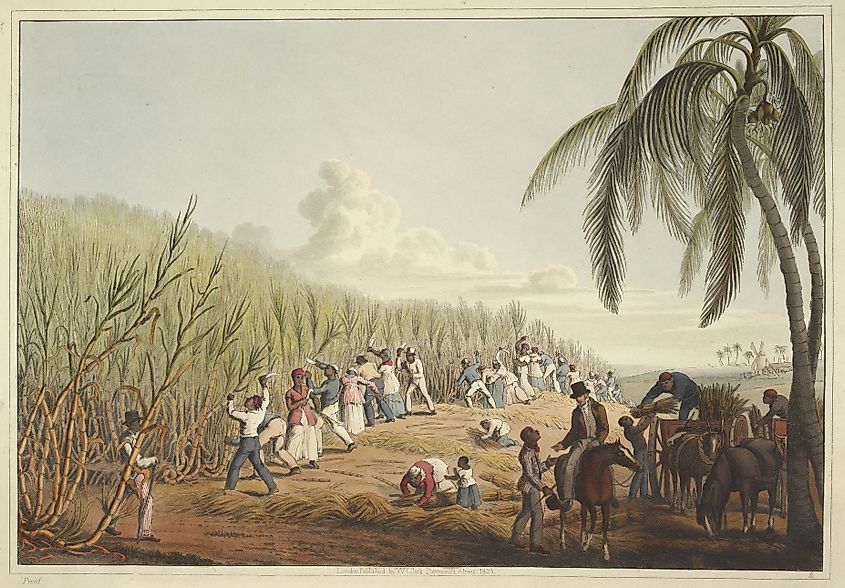
The motivations behind colonialism were multifaceted, driven by a combination of economic, political, and cultural factors. For colonizing nations, the allure of colonialism lay primarily in the potential for wealth and power. Establishing colonies provided access to valuable resources, such as gold, silver, spices, and agricultural products, which could be exploited for profit. Colonies also served as captive markets for the colonizing nation's goods, promoting domestic industries and enabling the accumulation of wealth.
Colonialism was also driven by strategic and political considerations, as rival nations sought to expand their territories, assert dominance, and protect their interests. Establishing colonies allowed nations to secure crucial trade routes, project military power, and enhance their prestige on the global stage. Moreover, colonialism was seen as a means of spreading cultural and religious values, with many colonizers viewing themselves as civilizing forces, bringing progress and enlightenment to the "backward" societies they encountered. Ironically, Europeans often looked down on the civilizations of South America, despite evidence of advanced urban planning, such as sewer systems, and even possible knowledge of blood transfusions. European societies, in contrast, struggled with basic hygiene. Europeans also criticized South American cultures for their infrequent human sacrifices, while they themselves conducted brutal public torture of criminals as part of purity rites, revealing a striking hypocrisy in their judgments.
Colonialism Vs. Imperialism
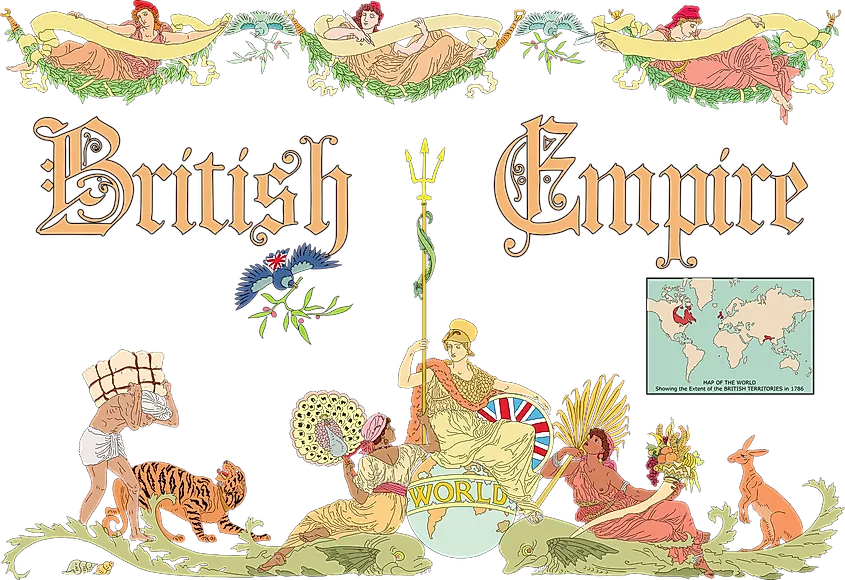
Colonialism and imperialism are closely related concepts, often used interchangeably to describe the process of territorial expansion and domination. However, they possess distinct differences that warrant separate consideration. Colonialism, as discussed earlier, refers to the establishment, exploitation, and maintenance of control over a weaker, dependent territory by a stronger nation. This control is typically exercised to further the colonizing nation's interests, often resulting in the disruption of indigenous cultures, economies, and political structures.
Imperialism, on the other hand, is a broader concept that encompasses various forms of domination and influence beyond territorial expansion. It refers to the policy or practice of extending a nation's power and influence through diplomacy, military force, or economic means. While colonialism is a specific manifestation of imperialism, imperialism can also involve non-territorial forms of control, such as economic dominance, cultural influence, or political interference.
In short, colonialism is a subset of imperialism, representing a more direct and tangible form of control over territories and their resources. Imperialism encompasses a wider range of strategies and tactics employed by powerful nations to exert influence and maintain dominance over weaker nations or regions.
Any examination of colonialism reveals a stained tapestry of historical events and processes that have shaped the contemporary global landscape. Through the establishment and maintenance of colonies, powerful nations sought wealth, power, and influence, often with little regard for the well-being of the colonized populations. Despite the formal end of colonialism and the wave of decolonization that swept across the globe in the 20th century, the legacy of this era persists in the form of ongoing economic dependency, cultural disruption, and political instability in many regions. Although none still alive are guilty of the actions taken by leaders centuries ago, we are all responsible for our choices going forward. These choices include the ethical use of resources that may only exist because of past colonial abuse, and therefore, it would be irresponsible for current superpowers and advanced nations to ignore the needs and struggles of previously colonized territories.

